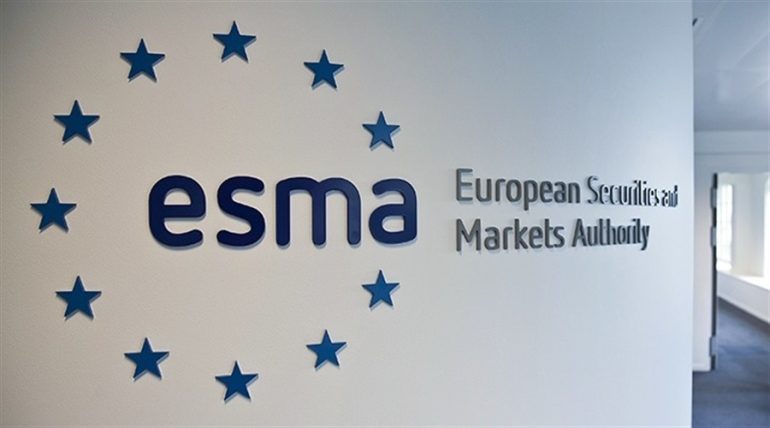- ESMA issues guidance on AI use in investment services for retail clients.
- Firms must comply with MiFID II requirements regarding AI.
- Risks of AI include biases, data quality issues, opaque decision-making, and privacy concerns.
- AI applications include customer support, fraud detection, risk management, compliance, and advisory services.
- ESMA and NCAs will monitor AI use in investment services and EU legal framework for potential further action.
Main AI News:
In the realm of investment services, the European Securities and Markets Authority (ESMA) stands as the beacon of regulatory oversight. Today, it heralds a pivotal moment with its issuance of guidance on leveraging Artificial Intelligence (AI) technologies. This directive, aimed at firms catering to retail clients, underscores ESMA’s commitment to ensuring compliance and fostering best practices within the industry.
When delving into the realm of AI, ESMA unequivocally asserts the imperative for firms to align with pertinent MiFID II requisites. From organizational structures to the conduct of business, firms are reminded of their regulatory duty to prioritize the best interests of their clients.
While the allure of AI promises manifold benefits, ESMA remains vigilant of the accompanying risks. These include algorithmic biases, data integrity challenges, and the specter of opaque decision-making processes within firms. Moreover, a worrisome trend emerges with the potential overreliance on AI, both by firms and clients, in critical decision-making junctures. Privacy and security concerns further compound these complexities, amplifying anxieties surrounding data collection, storage, and processing inherent to AI systems.
Within the MiFID II framework, ESMA delineates specific applications of AI, encompassing customer support, fraud detection, risk management, compliance, and advisory services for investment and portfolio management. By illuminating these areas, ESMA aims to fortify regulatory oversight and instill confidence in the prudent utilization of AI technologies.
Looking ahead, ESMA, in collaboration with National Competent Authorities (NCAs), pledges to uphold vigilant surveillance over the evolving landscape of AI in investment services. This ongoing scrutiny will inform future deliberations on potential enhancements to the EU legal framework, ensuring continued alignment with the dynamic contours of technological advancement.
Conclusion:
ESMA’s directive on AI in investment services highlights the growing importance of regulatory oversight in the face of technological advancement. Firms must navigate the complexities of AI while ensuring compliance with MiFID II requirements to safeguard client interests. This guidance underscores the need for robust risk management strategies and ongoing surveillance to mitigate potential pitfalls associated with AI utilization.

